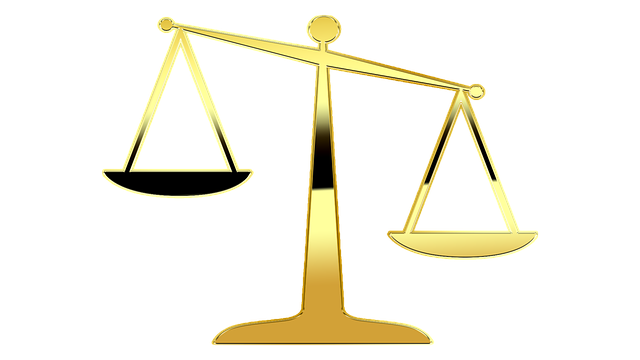In the world of financial investigations, Legal Precedents in Financial Regulation Disputes serve as vital guides for navigating complex legal landscapes. These precedents, established through high-profile cases involving C-level executives, offer crucial insights into strategic defenses against misconduct allegations. By studying real-world scenarios, organizations can fortify their corporate governance structures and risk management practices to mitigate the impact of potential investigations. This approach ensures compliance with financial regulations while upholding fairness within the legal system.
In an era of heightened corporate scrutiny, C-level investigations have emerged as a pivotal tool for upholding integrity within organizations. This article delves into the intricate world of these high-stakes inquiries, exploring their scope and impact across various sectors. We dissect legal precedents in financial regulation disputes, providing valuable insights through case studies that illustrate the far-reaching consequences for corporate governance. Understanding these investigations is key to navigating complex regulatory landscapes.
- Understanding C-Level Investigations: Uncovering the Scope and Impact
- Legal Frameworks: Navigating Financial Regulation Disputes and Their Precedents
- Case Studies: Examining High-Level Inquiry Outcomes and Implications for Corporate Governance
Understanding C-Level Investigations: Uncovering the Scope and Impact

C-Level Investigations refer to high-profile inquiries involving top-tier executives, often in response to allegations of misconduct or violations within organizations. These investigations are complex due to their scope and potential far-reaching consequences. They encompass all stages of the investigative and enforcement process, from initial suspicion to legal resolution. In recent times, such cases have gained significant attention, setting legal precedents in financial regulation disputes.
The impact of these inquiries is substantial, as they can lead to severe repercussions for individuals and companies involved. High-stakes cases often result in public scrutiny, damage to reputations, and in some instances, a complete dismissal of all charges. The process involves meticulous gathering of evidence, witness interviews, and legal analysis, ensuring that every aspect of the allegation is thoroughly examined. These investigations not only hold individuals accountable but also serve as deterrents for potential future misconduct.
Legal Frameworks: Navigating Financial Regulation Disputes and Their Precedents

In the intricate landscape of financial investigations, understanding the legal frameworks governing disputes is paramount. Legal precedents in financial regulation conflicts play a pivotal role in shaping the outcomes of C-Level inquiries. These precedents serve as a compass, guiding investigators and legal teams through complex regulatory waters. By examining past cases, professionals can navigate the labyrinthine paths of financial laws, ensuring compliance and mitigating risks.
When navigating charges against high-level executives, knowledge of potential outcomes is invaluable. While jury trials remain a possibility, understanding the nuances of legal precedents can lead to strategies aimed at avoiding indictment. Skilled legal counsel leverages past cases where similar disputes resulted in complete dismissal of all charges as a foundation for building robust defenses. This proactive approach enables individuals to protect their reputations and ensure fairness within the legal system.
Case Studies: Examining High-Level Inquiry Outcomes and Implications for Corporate Governance

Case studies play a pivotal role in understanding the outcomes and implications of high-level inquiries, particularly in the context of corporate governance. By examining real-world scenarios where C-suite executives faced investigations, we can glean valuable insights into effective strategies for compliance, risk management, and legal defense. These case studies often reveal intricate details about corporate practices, decision-making processes, and the interplay between executive actions and regulatory frameworks.
For instance, exploring legal precedents in financial regulation disputes offers a window into how companies and their leaders can navigate complex situations to avoid indictment or secure a complete dismissal of all charges. Such analyses provide essential guidance for corporate and individual clients, underscoring the importance of robust internal controls, transparent reporting, and proactive compliance measures. By learning from these case studies, organizations can fortify their governance structures and mitigate risks associated with high-stakes investigations.
C-level investigations, with their far-reaching implications, necessitate a nuanced understanding of both legal frameworks and prior case studies. By examining real-world outcomes and the underlying legal precedents in financial regulation disputes, organizations can better prepare for potential inquiries, fortifying their corporate governance structures to ensure compliance and mitigate risks effectively. Leveraging insights from these investigations is crucial for fostering transparency and maintaining public trust in today’s business landscape.






